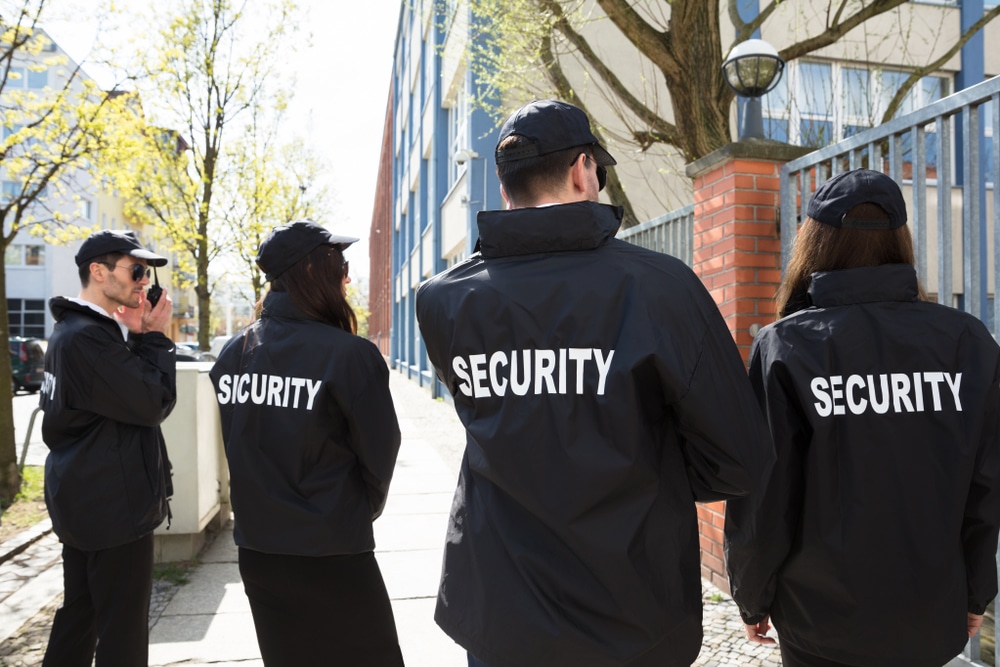Private security personnel often find themselves the subject of misconceptions and stereotypes in popular culture and media. From being portrayed as glorified bouncers to lacking professionalism, these myths can overshadow the vital role that security professionals play in maintaining safety and security. Let’s debunk some of the common myths about private security personnel and shed light on the realities of their profession.
The demand for Private security companies continues to rise as individuals and businesses prioritize safety. These companies offer a range of services, including armed guards, surveillance, and access control.
1. Myth: Private security personnel are untrained and unprofessional.
Reality: Contrary to popular belief, private security personnel undergo extensive training to prepare them for their roles. Many security firms require their employees to complete training programs covering topics such as conflict resolution, emergency response, first aid, and legal and ethical standards. Additionally, security professionals are often required to hold certifications and licenses to perform specific duties, ensuring that they meet professional standards and adhere to industry regulations.
2. Myth: Private security personnel are glorified bouncers with limited skills.
Reality: While some security personnel may work in roles that involve crowd control or access management, their responsibilities extend far beyond acting as bouncers. Private security professionals are trained to handle a wide range of security challenges, including surveillance, risk assessment, emergency preparedness, and crisis management. They play a critical role in protecting people, property, and assets in various settings, from corporate offices to residential communities.
3. Myth: Private security personnel are confrontational and aggressive.
Reality: Effective security professionals prioritize conflict resolution and de-escalation techniques to defuse potentially volatile situations peacefully. They are trained to communicate assertively yet respectfully and to use force only as a last resort when necessary to protect themselves or others. Professional security personnel understand the importance of maintaining a calm and composed demeanor, even in challenging circumstances, to ensure the safety and security of those under their care.
4. Myth: Private security personnel lack accountability and oversight.
Reality: Private security firms are subject to regulations and oversight mechanisms to ensure accountability and professionalism among their personnel. Security officers are often required to adhere to strict codes of conduct and ethical guidelines set forth by their employers and industry associations. Additionally, clients may implement performance metrics, incident reporting procedures, and quality assurance measures to hold security personnel accountable for their actions and maintain service standards.
5. Myth: Private security personnel have limited career advancement opportunities.
Reality: The private security industry offers diverse career paths and opportunities for professional growth and advancement. Security professionals can pursue specialized training and certifications to enhance their skills and qualifications in areas such as executive protection, cybersecurity, risk management, and emergency response. With experience and expertise, security personnel can advance to supervisory, managerial, or leadership roles within security firms or transition to related fields such as law enforcement or corporate security.
6. Myth: Private security personnel are not respected or valued in society.
Reality: Private security personnel play a vital role in maintaining public safety and security and are valued members of their communities. Their contributions are recognized and appreciated by clients, businesses, and individuals who rely on their expertise and dedication to protect their interests. Professional security personnel demonstrate integrity, professionalism, and commitment to their duties, earning the respect and trust of those they serve.
In conclusion, debunking myths about private security personnel is essential to recognize the valuable contributions they make to society. By understanding the realities of their profession and the training, professionalism, and accountability that characterize their work, we can appreciate the critical role that security professionals play in safeguarding our communities and promoting safety and security for all.









